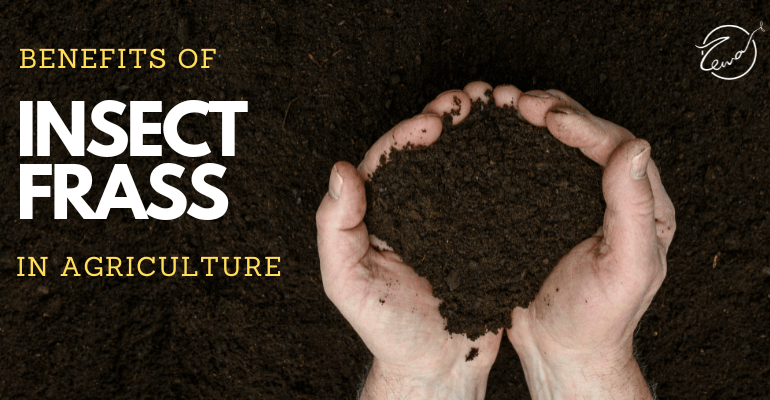Conventional sources of protein production encounter many challenges and not sustainable in the long run. Alternative protein sources are becoming necessary to meet the increasing demands of food and feed globally. Insect-protein based food and feed production is an innovative and sustainable method which has much lower environmental impact and carbon footprint. Insects consume the organic residues and convert them into highly valuable protein-rich feed product. Surprisingly, the byproduct of this process called the insect frass is yet another nutritional ingredient which has extensive applications in agriculture.
What is Insect Frass?
Insect Frass or Insect Excreta is the important end product of the insect rearing process. In other words, frass is the scientific name for ‘Insect poop’. In commercial insect farming companies, insect frass is a common byproduct. It is a natural form of fertilizer. Frass is an organic fertilizer which has high nutritional value and boosts plant growth. It can be used as a replacement for chemical fertilizer and other agrochemicals used for plants growth enhancement. The natural bio-fertilizer, frass, improves the fertility of the farm and increases the yield of the crops to a great extent. It has been proved that using frass in organic farming promotes plant growth by acting as a nutrient-rich manure and as a plant strengthener hence improving the quality of the yields.
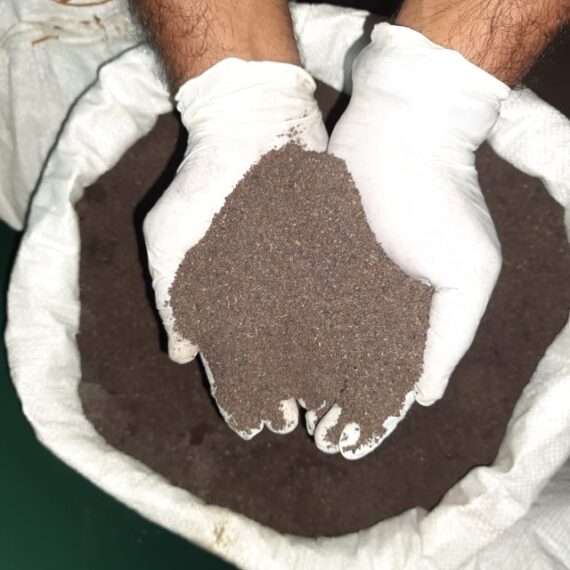
How is frass made?
Even though frass is defined as the insect excreta, in the case of insect rearing process, Frass can be more explained as a mixture of insect feces, remnant feed ingredients, dead eggs and exoskeletons. Insect frass obtained from BSF larvae is a bio-fungicide which contains beneficial microbes and chitin. Insect frass is a rich source of nutrients and acts as an excellent compost manure when used properly. The microbial decomposers present in the insect frass can stimulate the absorption of micronutrients and acts as a plant strengthener and growth enhancer.
Insect frass as Fertilizer
The unsustainable practices of using chemical and synthetic fertilizers had resulted in long-term soil degradation and gradually results in losing soil fertility. The use of organic fertilizers and similar eco-friendly practices are necessary to overcome the unsystematic usage of chemical fertilizers. A viable alternative in this aspect is the use of insect frass as a natural fertilizer to boost the plant growth.
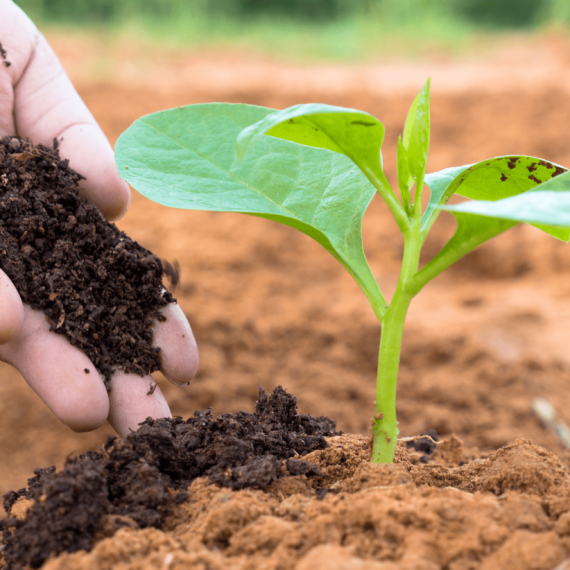
The residues of insect farming process including the frass and exuviae have greater benefits as organic manure. This can be applied to organic agriculture methods which include cultivating vegetables, fruits, grains, herbs and other plant species. Insect Frass has high NPK (nitrogen, phosphorus and potassium) content which further widens its application as soil quality improver. The insect frass and exuviae can also be used as a soil amendment to improve the physical properties of the land.
Post Processing
The safe use of frass as a fertilizer is always a matter of concern. There are chances that some harmful organisms may thrive in the insect digestive system and may pass on to plant or humans due to the use of application of frass directly on soil. For this, it is essential to guarantee the safe use of frass after proper sanitization and sterilization. Before using the frass as insect fertilizer in agriculture, it needs to undergo some sanitizing treatment to eliminate the harmful microorganisms present in the organic matter. In this way, we can ensure that we are removing the organisms that are harmful to health and can be safely used for applications in organic agriculture.
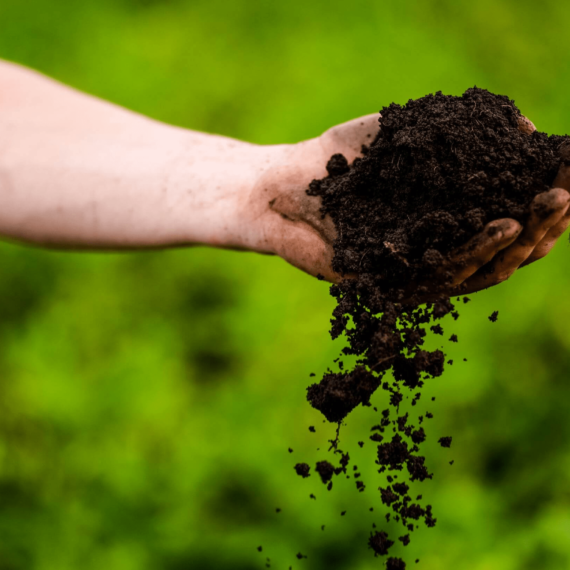 Benefits of Frass
Benefits of Frass
Insect farming process is a highly sustainable method of alternative protein production. The useful by-product of this industry, the frass has got tremendous advantages as organic fertilizer in agriculture. The concept of using the waste out of the insect rearing process brings financial as well as ecological benefits, contributing to a zero-waste approach.
Major benefits of Insect frass in agriculture:
1. Contributes essential nutrients for plant growth including nitrogen, phosphorus and potassium.
2. Contains adequate micronutrients for soil fertilization and soil amendment.
3. Promotes plant health with positive microbiological activity for nutrient absorption.
4. High nutritional value at more reasonable price.
5. Contains growth-enhancing components like insect exuviae, chitin and similar biomolecules which provide better plant productivity.
6. Frass application in crops provides significant resistance to pests and has more resistance to abiotic stresses.
7. Application of frass positively affects soil fertility, soil structure and water retention.
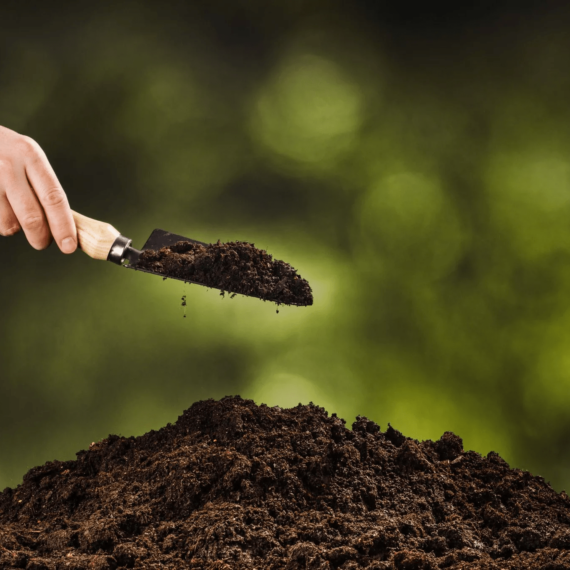
Insect frass is a valuable nutrient source in agriculture sector. In the insect cultivation process, organic waste is consumed by the farmed insects which is then converted into consumable protein in feed production. The organic residues from this process are reused as organic fertilizer which has wide applications in agriculture. In this way, the insect farming process contributes to a circular economy and turns out to be a sustainable agriculture practice.
Recent Comments
If you have any questions or need help, feel free to contact with our team.
Rural Apparel Park
Thalikkulam Vikas Trust
Thrissur, 680569

